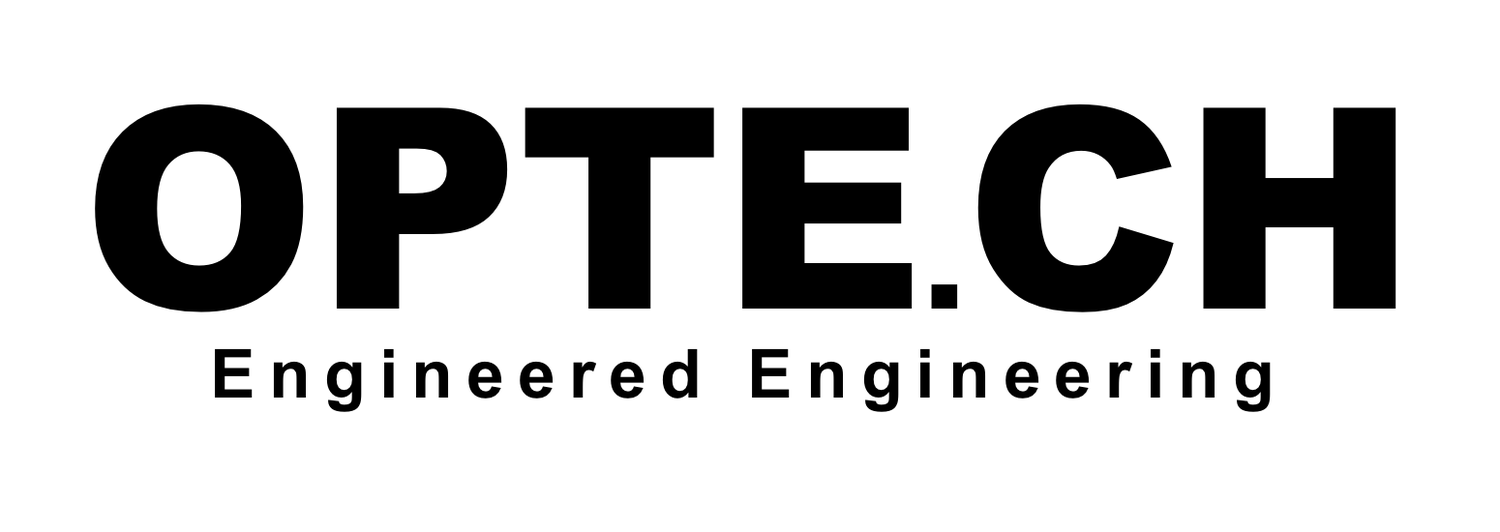Jean-Louis Gassée has shed a similar light, but from a different angle, as my post from December 10th in follow up to the discussion on the Pragmatic podcast. This whole Internet of Things (IoT) realm is in its infancy, there is so much progress to be made here.
He asks the question:
This is a great high level perspective on it. We didn't solve it in any complete sense, though we did start. My Harmony One is among my favorite pieces of technology that I own (post-setup-process). The problem is that it was expensive and the setup process was miserable (not super complicated, just unpleasant). The result is this not being a solution in the broad sense, but rather a nerd's solution.
Other people are trying to turn the smart phone or tablet into a remote control, and there hasn't been any development on this that leads me to believe it will ever work. To be clear, it will work as a Plan B remote, sure, but never Plan A. I use my iPhone to pause my Apple TV all the time, but only when my Harmony isn't in reach.
I think the IoT is at a phase that is one step before the Harmony One. There is no elegant solution yet, and the closest we get is unimaginably expensive (if you have an endless budget there are some options out there). The next stage will be the Harmony One where there is a good solution, but it costs too much and isn't going to be rapidly embraced by the average consumer. The big question is what happens after that. Does it get discontinued like the Harmony, or does someone finally crack the code and have a runaway success like the iPhone?

